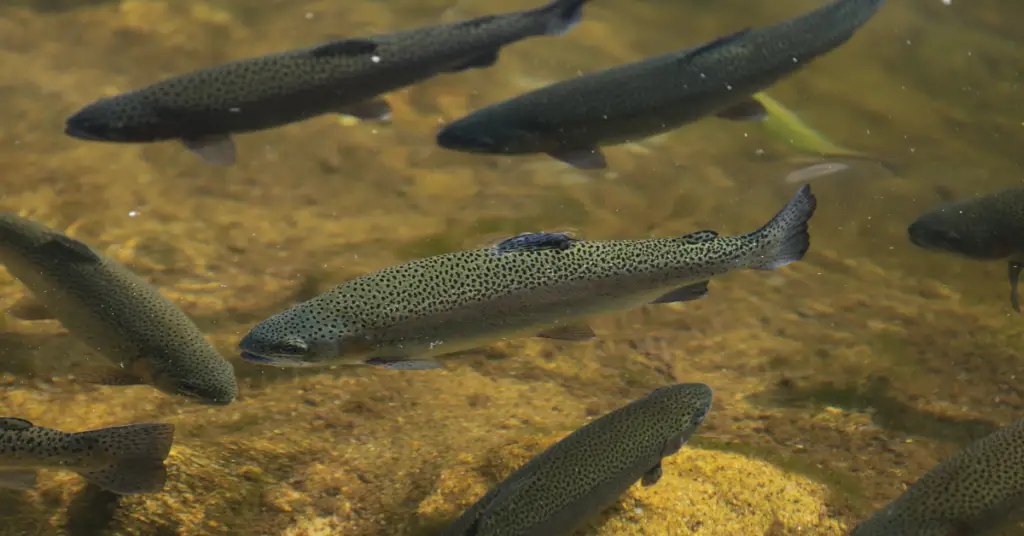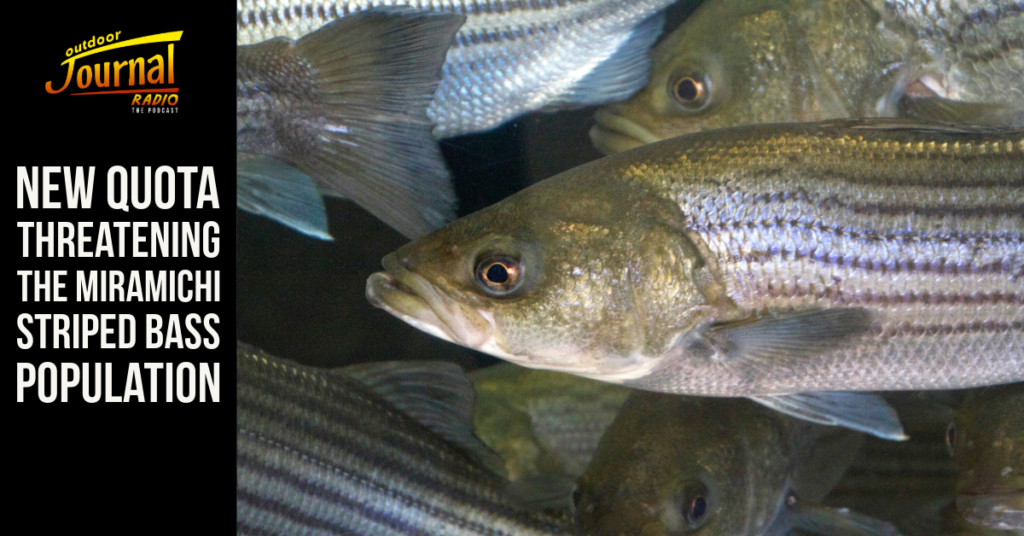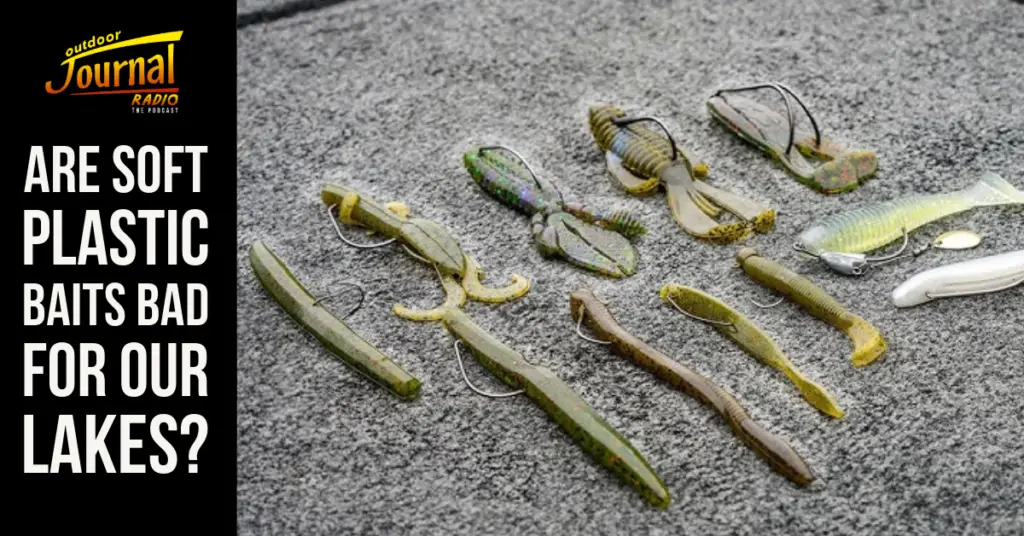Parks Canada has reported that they are looking into a potential case of whirling disease in Emerald Lake within B.C.’s Yoho National Park.
This represents the first-ever detection of whirling disease in British Columbia, as per Parks Canada.
Although whirling disease doesn’t pose any harm to humans, it could severely impact fish populations if it’s not controlled.
“Young fish (juvenile salmonids), such as rainbow trout and brook trout, are particularly susceptible to whirling disease, with mortality rates reaching up to 90 per cent,” Parks Canada said in a release.
“Once established, whirling disease is nearly impossible to eradicate.”
In order to prevent any potential spread, Parks Canada has temporarily shut down access to Emerald Lake, Emerald River, Peaceful Pond, and Lone Duck Lake, along with their shorelines and tributaries. This restriction applies to all visitors and will remain in effect until further notice.
Shelley Humphries, the aquatic specialist responsible for Lake Louise, Yoho, and Kootenay National Parks, mentioned that the test results from samples collected on August 21 were received late Tuesday afternoon (September 19th).
“We had a few hits from a few fish that were sampled of a larger number of fish so we need to go back to do some additional testing just to confirm that it’s really there and not some sort of artifact from the lab,” she told CTV News Friday.
These closures are in effect to ensure that nobody inadvertently spreads whirling disease to other bodies of water, as she explained.
“As of today we’ve closed lakes for water activity like using your personal, stand up paddle board or angling just to provide as much protection to the park that we can.”
This disease results from a tiny parasite known as Myxobolus cerebralis, which needs two hosts to complete its life cycle: a Tubifex worm and a salmonid fish.
The parasite impacts a fish’s nerves and harms its cartilage, potentially leading to erratic swimming behavior characterized by spinning or tail-chasing.
“It can cause their populations to crash. Some fish are really dramatically affected,” Humphries said.
“But we have to emphasize that this is absolutely not a human issue – this is a fish disease and ecological integrity issue for the park.”

Rainbow trout are especially susceptible to whirling disease.
‘ACCIDENTALLY SPREAD’
Whirling disease has accidentally spread across North America ever since it was introduced from Europe many decades ago.
The most common way it spreads is through the transportation of infected fish and fish remains. However, Humphries points out that the parasite can also survive in the lake itself.
“It can be found in the mud, in the plants or even the water. So if people leave with a dirty boat and go launch in another location, that’s one of the suspected ways it’s being transmitted around.”
Humphries mentions that individuals can also inadvertently transmit whirling disease by wading in one lake and then entering another on the same day.
Just about three years ago, authorities in Banff National Park emptied Johnson Lake and eliminated all its fish following the discovery of Canada’s initial case of whirling disease in 2016.
According to Humphries, Parks Canada’s primary approach to curb the spread of whirling disease has centered on effective communication with visitors.
“Since 2018, Parks Canada and Yoho National Park has been implementing a permitting system and communication around people, needing them to clean, drain and dry all of their equipment,” she said.
“If people clean all obviously mud off their equipment, if they dry it and get rid of all the water and dry it for up to 48 hours, then they have very little chance of being able to transmit this or any other aquatic invasive species.”
Those who disregard the closure order may be subject to a fine of as much as $25,000.








